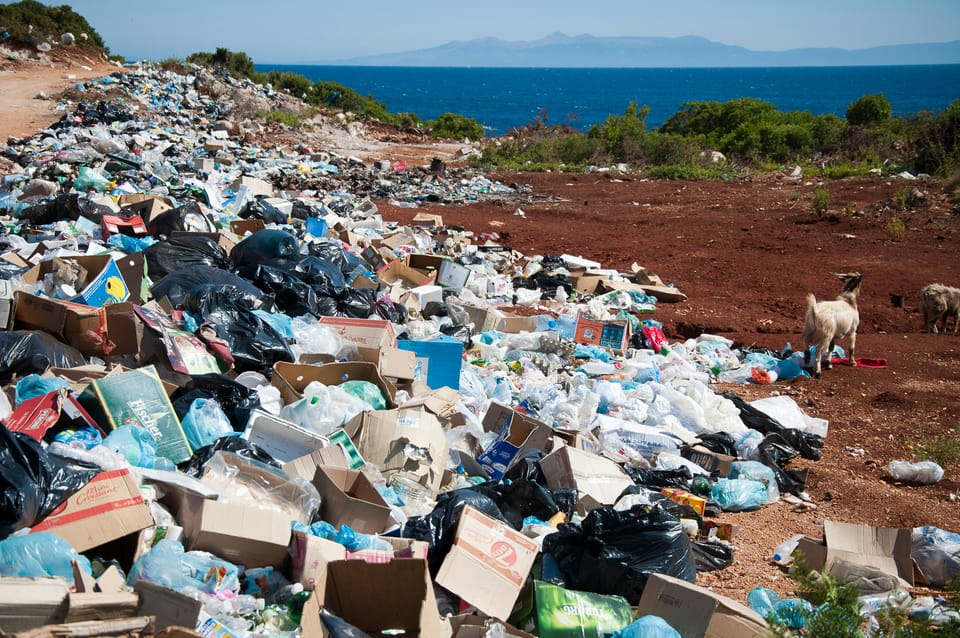World Bank shares keys to unlocking economic opportunities from ‘pollution markets’
Acting to reduce pollution is not only possible, but highly cost-effective.

Investment in reducing pollution can yield as much as US$215 to the dollar – but inaction is costing billions of dollars, the World Bank warns in a new report.
In Reboot Development: The Economics of a Livable Planet, the World Bank Group details economic losses from the degradation of our forests, soils and waters. For instance, the loss of natural forests dries out soils and reduces crop yields, costing the world US$379 billion annually – around 8% of global agricultural gross domestic product (GDP). At the same time, nitrogen overuse is polluting the land, air, and water, costing up to US$3.4 trillion a year globally.







